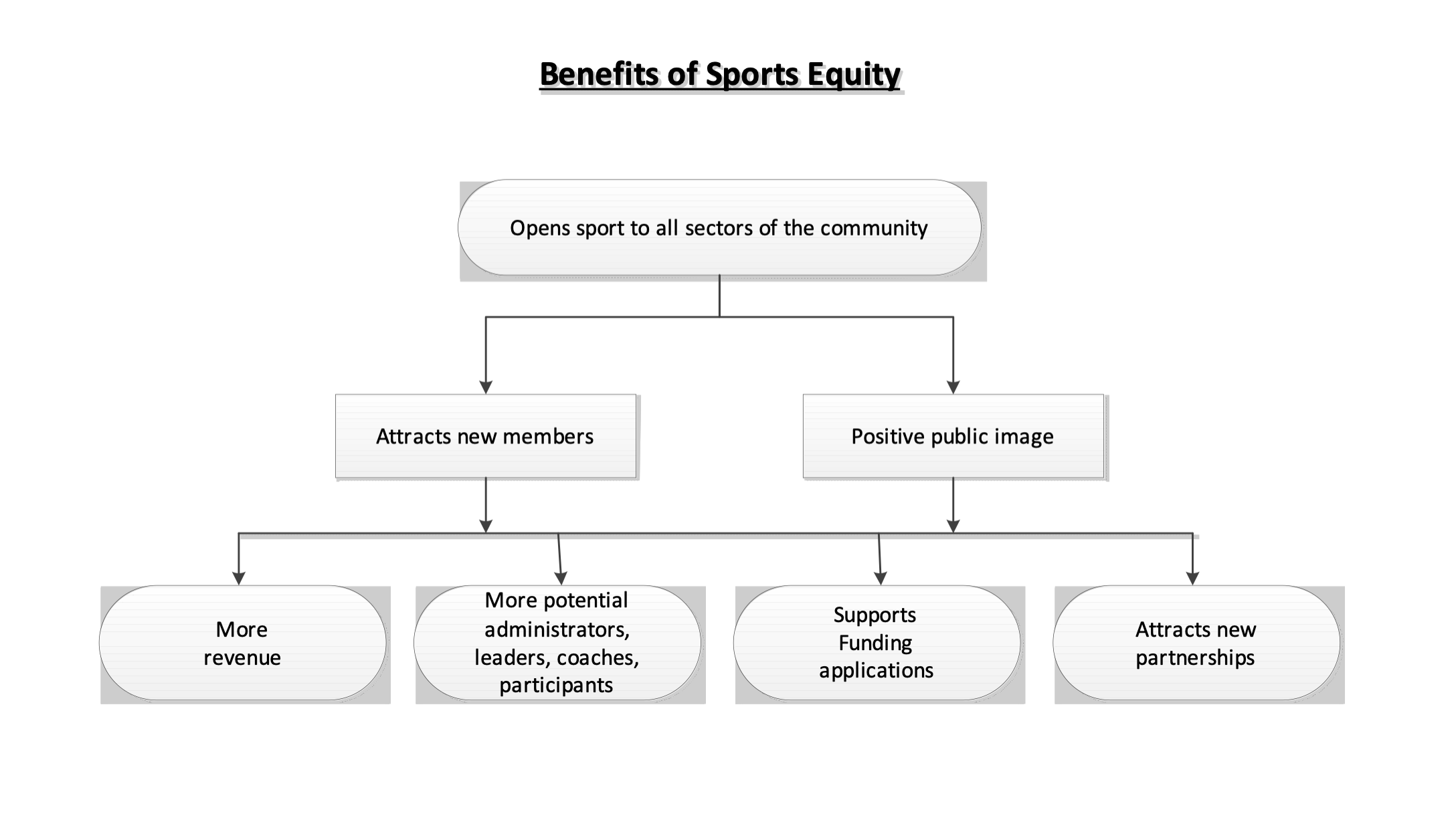Equality and Diversity
Oswestry Otters Amateur Swimming Club (ASC) is committed to treat everyone equally within the context of their activity, regardless of sex, ethnic origin, religion, disability, age, sexual orientation or political persuasion.
The Club will ensure that equity as stated in the club rules is incorporated in all aspects of its activities and also recognises and adopts the Sport England definition of Sports Equity:
Sports equity is about fairness in sport, equality of access, recognising inequalities and taking steps to address them. It is about changing the culture and structure of sport to ensure that it becomes equally accessible to all members of society, whatever their age, ability, gender, race, ethnicity, sexuality or socio-economic status.
The Club is committed to everyone having the right to enjoy their sport in an environment free from threat of discrimination, intimidation, harassment and abuse.
All Club members have a responsibility to challenge discriminatory behaviour and promote equality of opportunity.
The Club will deal with any incidence of discriminatory behaviour seriously, according to the club disciplinary procedures.
 1) Equal Opportunity in Swimming
1) Equal Opportunity in Swimming
‘Equal Opportunity is about celebrating difference and diversity and as such providing a swimming structure that can respond to this in a proactive and positive manner’.
Swim England and British Swimming is totally committed to the principals and practice of equal opportunities across all of its aquatic disciplines, both as an employer, provider and as facilitator of such practices by all its members. In our work with key partners, such as the athletes, clubs, teachers, coaches, officials and administrators, we will advocate our policies make every effort to ensure that all participation has equity at its core.
Swimming is a ‘sport for all’. It can and should be enjoyed and made accessible to everyone and to achieve this:
- Swim England/British Swimming is committed to work towards ensuring that swimming is accessible to the, many rather than the few.
- Swim England/British Swimming recognises the need to acknowledge the diversity of provision that is required to ensure that all people, regardless of their race, sex/gender, disability, age, and sexual orientation, social or economic background can access swimming and develop at a level that is appropriate to them.
- Swim England/British Swimming recognises the need to celebrate differences and diversity of provision as a means of creating entitlement and accessibility to our structures.
- Swim England/British Swimming recognises that equal opportunity is about recognising that people are different and therefore require different provision.
- Swim England/British Swimming recognises the need to consult widely in order to respond to diversity.
2) Addressing Equal Opportunities
In addressing equal opportunities, Swim England/British Swimming will respond to issues of equity by:
- Recognising that swimming as an organisation – our staff, athletes, coaches, teachers, officials and administrators need to adapt and work flexibly in order to respond to the needs of a wide and diverse range of people.
- Take positive action to increase the involvement from under-represented groups in all aspects of our organisation, participation, coaching, teaching, officialdom etc.
In doing so the Swim England/British Swimming supports four key principals as being fundamental to ensuring that everyone can participate in our sport and the achievement of equality of opportunity:
Entitlement: People have a right to participate in and access quality and appropriate experiences within diving, swimming, synchronised swimming and waterpolo.
Accessibility: It is the responsibility of Swim England – our teachers, coaches, officials and administrators – to adapt provision to fit the needs of the many.
Inclusion: Wherever and whenever possible, all to access the same quality of provision, and if necessary to use positive action to ensure this:
Integrity: Whatever we do as an Association to change or adopt provision, it must be of equal worth, challenging, relevant and in no way patronising.
3) Lines of responsibility
Swim England/British Swimming will strive to become an organisation that values diversity and in order to achieve this we recognise that there must be clear lines of responsibility between all segments of the organisation.
4) Swim England/British Swimming as an employer
Swim England/British Swimming aspires to provide a diverse workforce, a composition of which reflects that of the broader community in terms of gender, ethnicity and disability. In order to bring about this diversity we undertake to:
- Promote an open and honest culture that values diversity.
- Communicate widely, ensuring that our messages can be understood and appreciated by all.
- Positively encourage the involvement of all people, regardless of their gender, race, disability, age and social background.
- Work to redress the effects of discrimination.
- Change attitudes and working practices to ensure that everyone can feel a valued member of the Association.
5) Teachers and Coaches
In our training and development of Teachers and Coaches, we will strive to ensure that they:
- Establish and implement professional and ethical values and practice.
- Promote and apply the principals and practices of equal opportunities
- Promote positive images of people with Special needs.
- Have a commitment to providing entitlement and access to all their professional activities.
- Encourage high expectations and standards of achievement from all they teach
- Involve everyone in meaningful and appropriate activity to ensure a quality experience.
- Help everyone to achieve their full potential.
6) Officials and Administrators
In our involvement of officials and administrators we will expect them to:
- Adopt, promote and practice the values of the Association.
- Ensure that participation can be enjoyed by all.
- Provide meaningful and appropriate experiences, which recognise and value the diversity of the participants.
- Actively encourage the participation and involvement of people from disadvantaged groups of the community.
